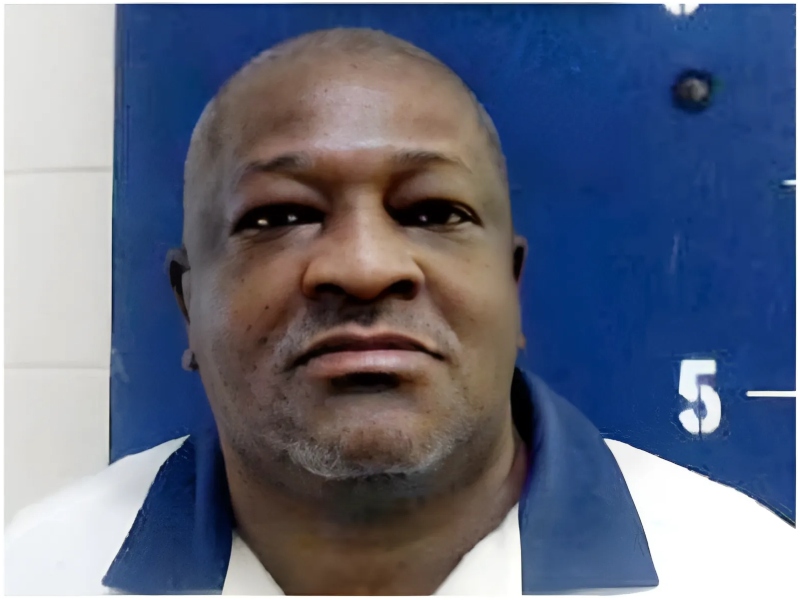The state of Georgia carried out its first execution in more than four years on Wednesday, putting death row inmate Willie Pye to death by lethal injection for the 1993 murder of Alicia Lynn Yarbrough.
The execution took place at 11:03 p.m. at a prison in Jackson, about 50 miles south of Atlanta, as confirmed by the Georgia Department of Corrections.
Pye, 59, did not make a final statement before his execution. His last-minute appeals, including those to the US Supreme Court, were denied, paving the way for the execution.
Pye’s attorneys had argued for his life to be spared, citing an intellectual disability, a troubled upbringing, and ineffective assistance of counsel.
In response to the execution, Pye’s attorney, Nathan Potek, criticized the state’s handling of the case, alleging racist and incompetent defense representation.
Potek described Pye as a loving family member who would be dearly missed by his loved ones and legal team.
Willie Pye’s conviction stemmed from the brutal murder of Alicia Lynn Yarbrough, for which he was found guilty in 1996. Pye, along with two accomplices, abducted and raped Yarbrough before ultimately shooting her three times.
Pye’s accomplices are currently serving life sentences for their roles in the murder.
The execution of Willie Pye marks Georgia’s first since January 2020, with executions halted due to the Covid-19 pandemic. Despite Pye’s appeals, the Supreme Court declined to intervene, allowing the execution to proceed.
Brief update on the use of the death penalty
As of January 2022, the death penalty remains a legal form of punishment in the United States, although its use has been declining in recent years.
Several states have imposed moratoriums on executions, and there is ongoing debate and litigation surrounding its application, with concerns raised about its fairness, racial disparities, and the risk of executing innocent individuals.
Additionally, the federal government resumed executions in 2020 after a 17-year hiatus, but the future of federal executions may be subject to changes in policy or legal challenges under new administrations.

